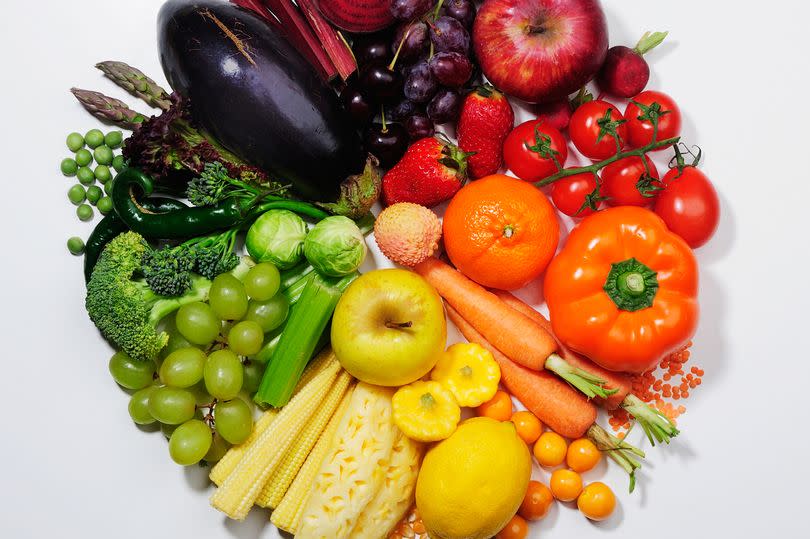Cancer dietitian lists 10 things not to eat or do to help reduce risk of disease

A dietitian has outlined a list of things she wouldn't do or eat in an effort to reduce the risk of developing cancer.
Nichole Andrews, known as The Oncology Dietitian on Instagram, regularly shares advice to help people reduce the risk of cancer through simple nutrition changes. In a recent video, she explained which 10 things she wouldn’t do or eat.
She recommended avoiding processed meats and unhealthy treats like crisps, doughnuts and biscuits. She also urged people not to skip breakfast and to get at least seven hours of sleep every night. Her full list is below.
Nichole's 10 tips
Skip the green powders - choose fresh fruits and veggies instead!
Skip organics - they use pesticides too and are not reducing cancer risk better
Skip KETO - your brain and body wants and needs carbs! Eat those carbs :)
Skip supplements unless your doctor is recommending it as high dose supplements can increase cancer risk
Omit all alcohol as it increases risk of liver, breast, mouth/throat, stomach, and colon cancer
Omit processed meats as they increase colon cancer risk
Move your body - is going to ADD so much more benefits to your life in addition to exercise
Sleep - at least 7 hours of sleep each night - more if you can!
Don’t skip breakfast - Have something with carbs, protein, fat, and fibre! This helps you maintain a healthy weight better!
Skip the chips, donuts, and cookies with high protein and choose animal proteins, protein powders, or protein beverages
The NHS says one in two people will develop some form of cancer during their lifetime. In the UK, the four most common types of cancer are breast cancer, lung cancer, prostate cancer and bowel cancer.
The NHS website adds: "Making some simple changes to your lifestyle can significantly reduce your risk of developing cancer. For example: healthy eating, taking regular exercise, not smoking." You can find more advice from the NHS here.

 Yahoo News
Yahoo News 
